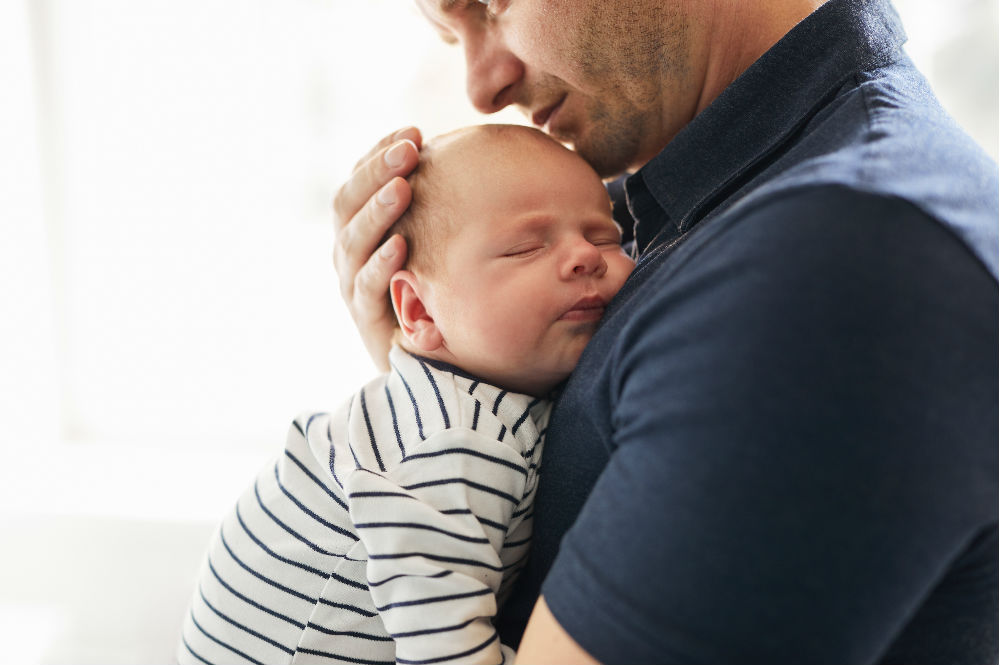In the days, weeks, and months following birth, both parents can experience physical, mental, and emotional changes. We usually hear and read all about the changes for the mother, because she has given birth, and her body has quite literally changed in many ways. Not only are there physical changes we can see, but there are also hormonal and chemical changes we cannot see. Along with these changes, there is the new responsibility of caring for a tiny person. Not to mention the lack of sleep. Any one of these factors would be enough to leave any new mom feeling overwhelmed. But while we talk a lot about the changes mothers undergo, what about the changes for fathers? It’s not something we hear much about. However, one of the changes that new mothers have to be on guard against, postpartum depression, can actually affect fathers too.
Paternal postnatal depression
Did you know that it is possible for Dad to experience postpartum depression? There is actually a term for it: paternal postnatal depression (PPND). In a recent study, it was found that depression scores for fathers increased in the first five years after the birth of a baby. Like mothers, dads’ hormones actually change after the birth of their babies too. The reasons for the onset of PPND are varied, but the symptoms are similar to those of maternal postpartum depression.
If you are concerned about your partner, take this short quiz to find out if your partner may be dealing with symptoms of PPND. Share this quiz with your partner if you feel concerned about his well-being.
The quiz
In the days or weeks since your baby arrived….
- Has Dad been crying often? Y/N
- Has Dad stopped looking forward to things? Has he stopped enjoying things in ways that he has in the past? Y/N
- Is Dad having trouble sleeping? Y/N
- Has Dad been unable to find humor in things? Has he seemed unable to laugh at things? Y/N
- Has Dad been dealing with feelings of worry, fear, or dread? Is he feeling more anxious? Y/N
If Dad answered yes to one or more of the questions, you may want to seek support and talk with a doctor. For more information, a good resource for fathers is Postpartum Men
, offering support, connection, and resources for those dealing with depression, anxiety, and other mood disorders.
*Disclaimer: This article is for informational purposes only. It is not intended to diagnose or treat any disease or illness. Please consult with a professional regarding postpartum depression, anxiety, or paternal postnatal depression
